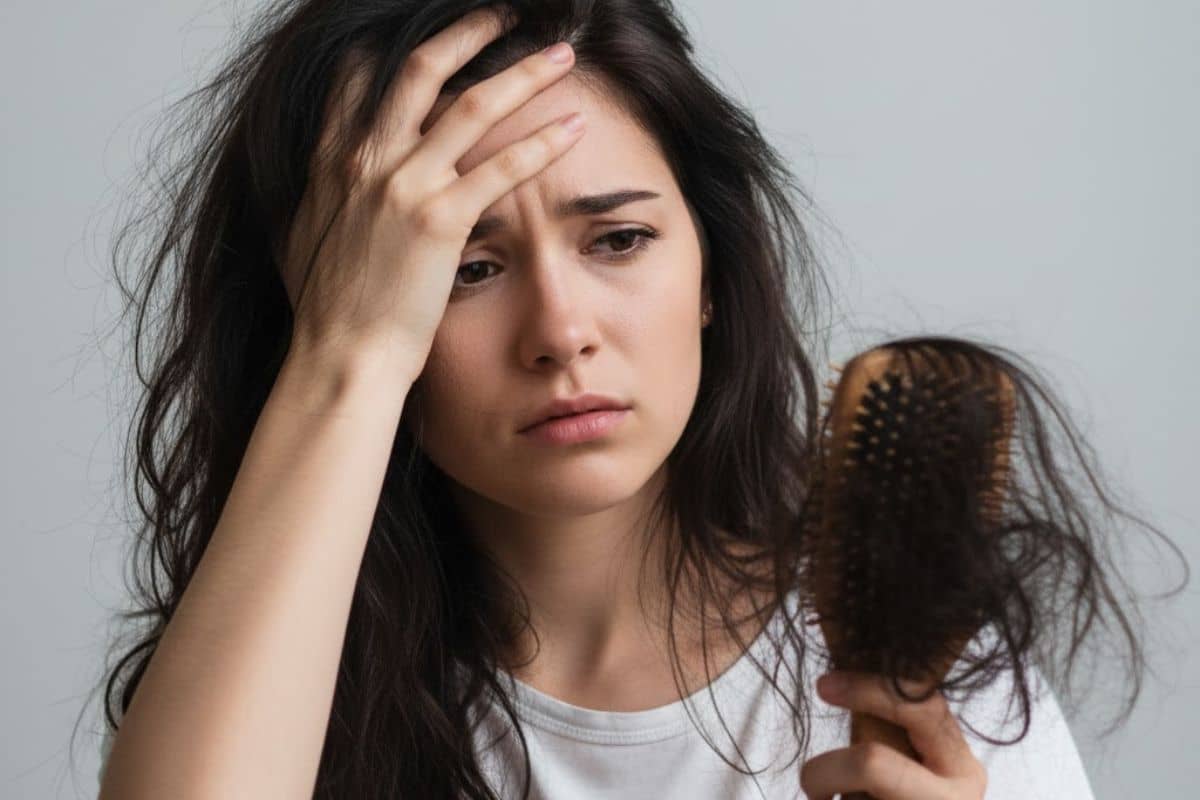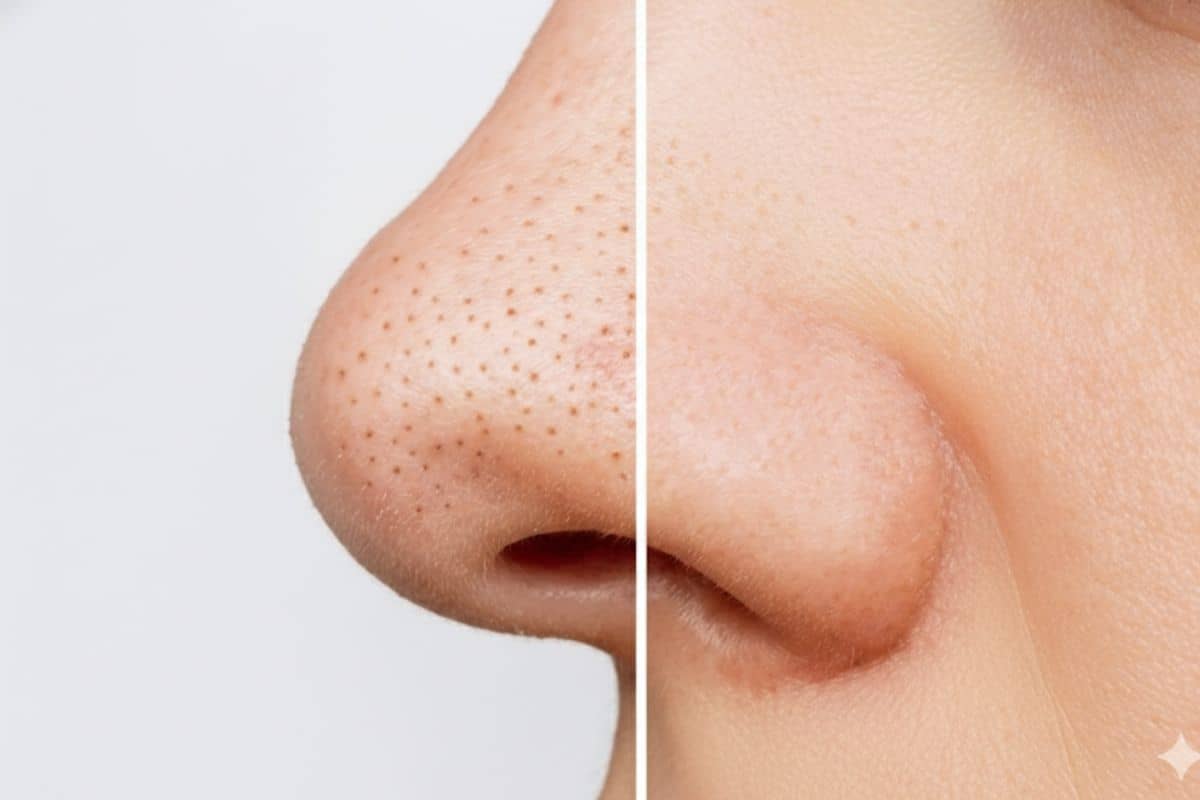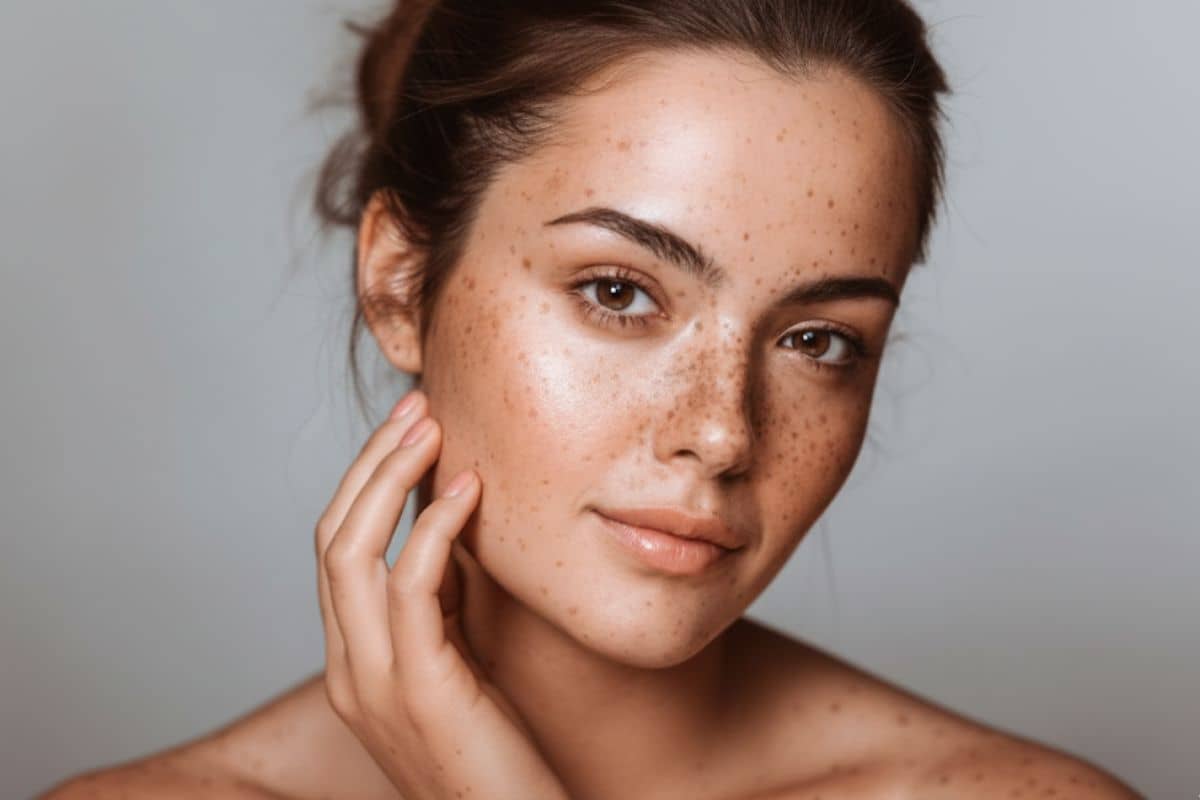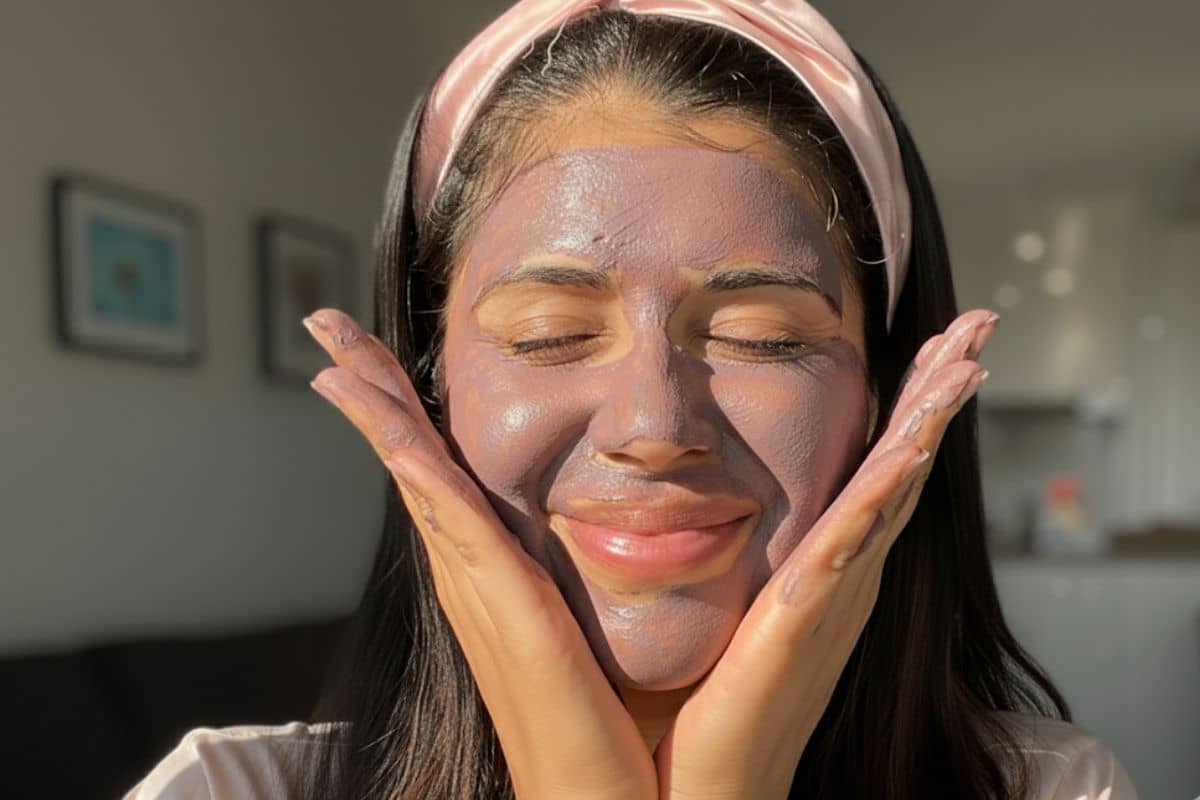Monsoon Skincare Mistakes You Might Be Making
1. Using Heavy, Oily Moisturizers
During the monsoon, the humidity level increases significantly, causing your skin to sweat and become oiler. Using thick, greasy moisturizers only clogs your pores, leading to blackheads, acne, and an overall sticky feel. Instead of heavy creams, opt for lightweight, gel-based moisturizers that hydrate your skin without suffocating it. These allow your skin to breathe and balance oil production. Even if your skin feels moist, skipping moisturizer altogether is not ideal. Hydration is key in all seasons, but choose products that are non-comedogenic and water-based for the rainy weather.
2. Skipping Sunscreen on Cloudy Days
One of the biggest mistakes people make in the rainy season is believing they don’t need sunscreen when the sky is overcast. UV rays penetrate through clouds and can damage your skin even on gloomy days. Prolonged exposure without protection can cause premature aging, pigmentation, and increase the risk of skin cancer. Always apply a broad-spectrum sunscreen with at least SPF 30 before stepping out, rain or shine. Go for a matte, waterproof formula that suits humid conditions, especially if your skin is oily or acne-prone.
3. Over-Washing the Face
Excess humidity and sweat during monsoon often make your skin feel dirty, prompting many to wash their face repeatedly throughout the day. But this strips away natural oils, disrupts the skin’s pH balance, and makes it more prone to dryness and irritation. Twice a day cleansing is sufficient, ideally with a mild, sulfate-free face wash. If you need a mid-day refresh, opt for facial mists or simply dab with a clean cloth. Maintaining the skin’s natural barrier is essential for protection against bacterial and fungal infections common in this season.
4. Ignoring fungal infections
Fungal infections thrive in moist environments, and the rainy season is their breeding ground. People often ignore early signs like itching, redness, or small rashes, assuming they’ll go away on their own. But this can lead to painful, widespread infections that take longer to heal. Always keep your skin dry, especially folds like underarms, between toes, and inner thighs. Use antifungal powders if you sweat a lot and change damp clothes immediately. If you notice any symptoms persisting, consult a dermatologist before it worsens.
5. Using Harsh Exfoliants
Exfoliation helps remove dead skin cells, but in the monsoon, overdoing it can damage your already sensitive and moisture-exposed skin. Harsh scrubs with large granules can cause micro-tears, leading to irritation and breakouts. Limit exfoliation to once or twice a week and use gentle, natural exfoliants like oatmeal, lactic acid, or enzyme-based scrubs. Always follow up with a soothing moisturizer. Gentle care ensures your skin remains soft and fresh without being stripped of its protective layer.
6. Wearing Makeup for Long Hours
Makeup during monsoon can be tricky because high humidity breaks down your base, causing clogged pores, patchy skin, and acne. Wearing full-face makeup for extended hours, especially without a primer, is a common skincare mistake. Always use non-comedogenic, waterproof, and breathable formulas. If possible, go minimal or avoid makeup altogether during very humid days. Also, never sleep with makeup on — double cleanse your skin to ensure there’s no residue. Letting your skin breathe during monsoon helps prevent unnecessary skin stress and inflammation.
7. Not Cleaning Makeup Tools Regularly
Increased moisture and warmth during monsoon create a perfect environment for bacteria and mold to grow on your makeup brushes and sponges. Using dirty tools can transfer germs directly to your skin, causing breakouts, rashes, and even infections. Clean your tools at least once a week using mild soap or brush cleansers. Let them dry completely in open air before use. Maintaining hygiene in your beauty tools is just as important as skincare during monsoon.
8. Not Staying Hydrated
Many people tend to drink less water during monsoon as the cool weather doesn’t trigger as much thirst. But dehydration can make your skin look dull, dry, and more prone to breakouts. Internal hydration is crucial for maintaining a healthy skin barrier. Make a habit of drinking at least 8-10 glasses of water daily, even if you’re not feeling thirsty. Include water-rich fruits and vegetables like cucumber, watermelon, and oranges in your diet for added benefits. Hydrated skin heals faster and glows naturally.
9. Neglecting a Nighttime Routine
Your skin repairs itself overnight, and skipping your night skincare routine is a major mistake, especially in the monsoon. Pollution, sweat, and grime settle on your face during the day, clogging pores and causing dullness. Cleanse your face thoroughly, apply a serum based on your skin concern (hydration, acne, etc.), and finish with a light moisturizer. Including products with niacinamide or hyaluronic acid can be beneficial. A consistent night routine during the rainy season ensures fresh, clear skin every morning.
10. Not Adapting Your Skincare to the Season
Using the same skincare products year-round is one of the most overlooked mistakes. What worked in winter or summer may not suit the damp, humid monsoon environment. Analyze your skin’s changing needs — maybe it’s producing more oil, becoming sensitive, or reacting differently to certain products. Switch to monsoon-friendly formulations like non-greasy moisturizers, gentle cleansers, and soothing serums. Being flexible and listening to your skin’s needs ensures that your routine works with the weather, not against it.
The Benefits of Positive Skincare Habits in Monsoon -
Taking care of your skin the right way during monsoon doesn’t just prevent problems — it enhances your skin’s health and appearance long-term. With the right habits, your skin stays hydrated, infection-free, and radiant. You build stronger protection against seasonal issues like fungal growth and acne. Healthy skincare also boosts self-confidence and reflects overall well-being. Avoiding mistakes and being mindful of what your skin needs in this humid weather leads to glowing results that last well beyond the rains.











